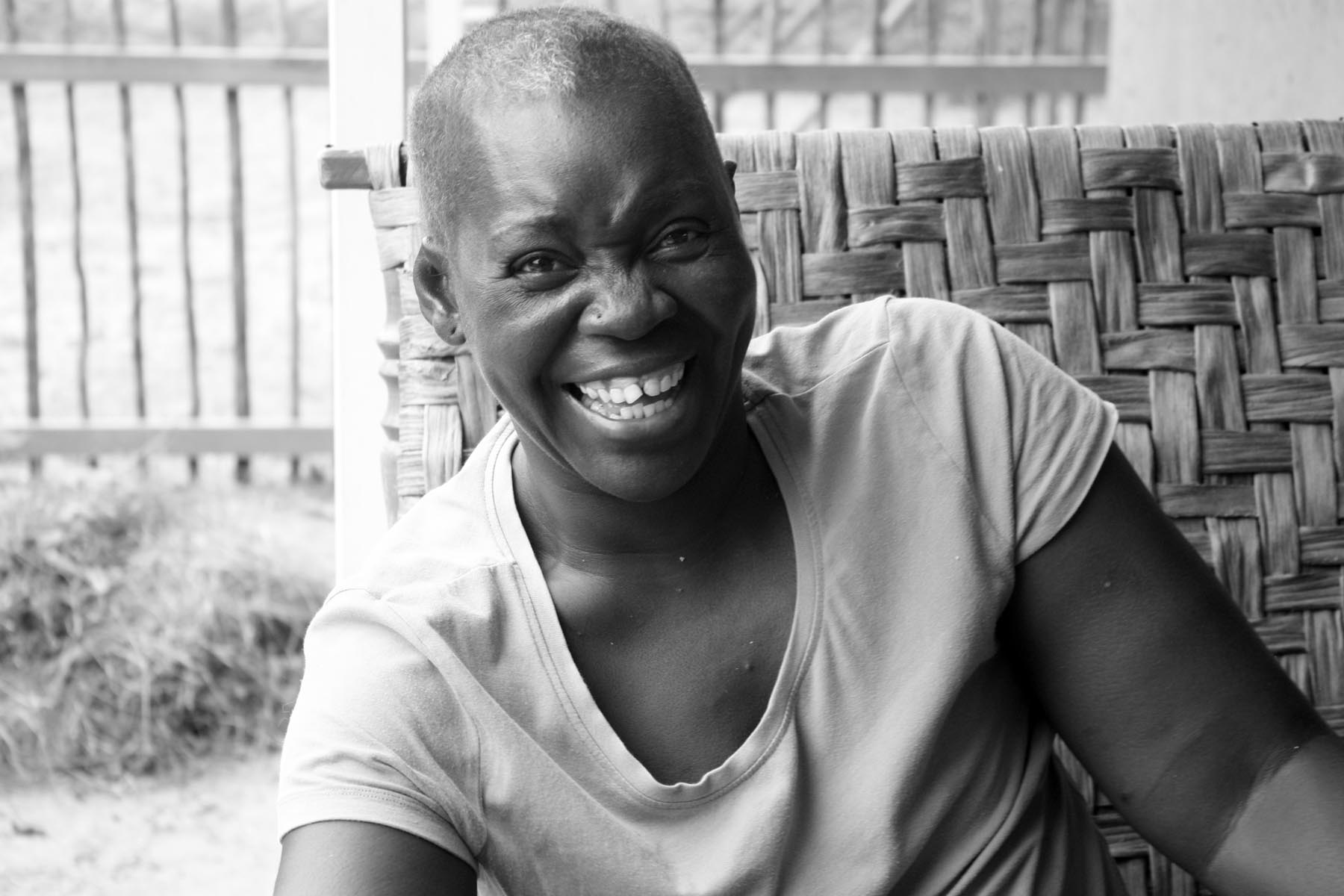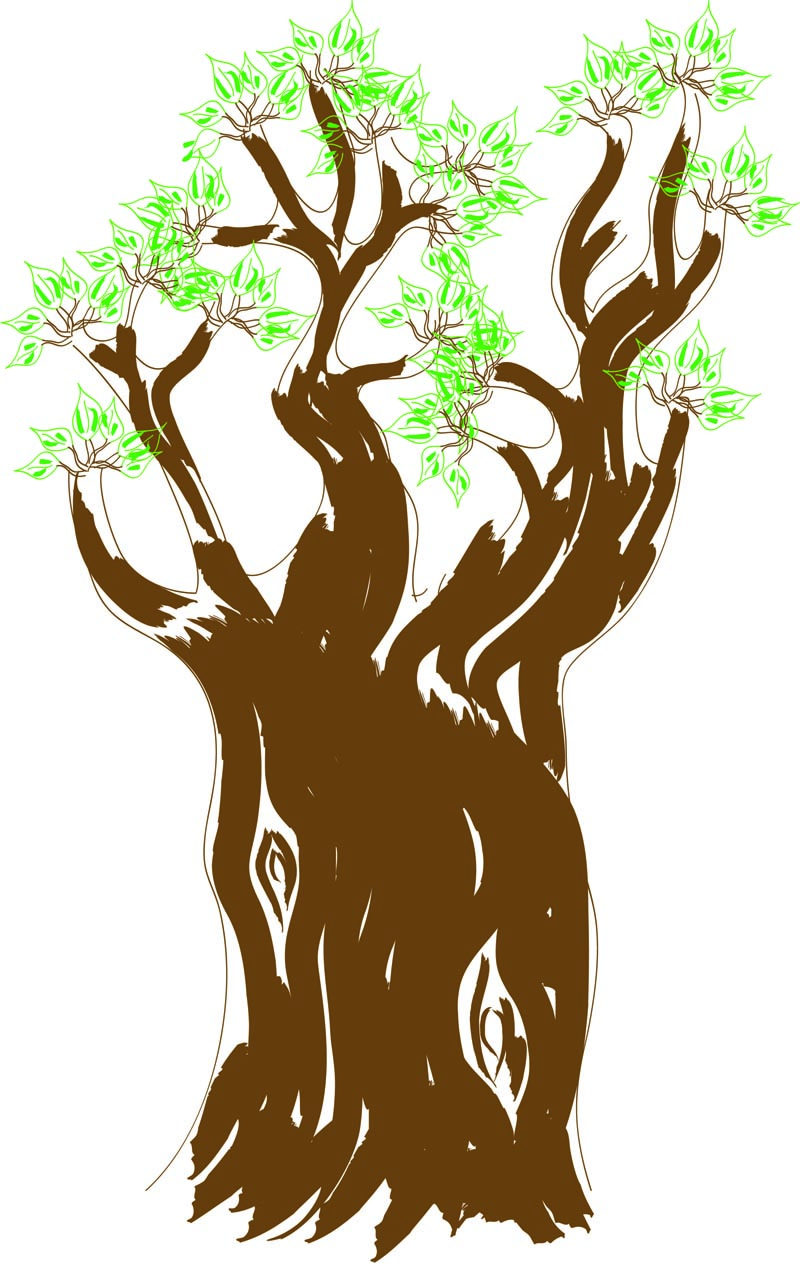Hospice at Casa Ahava
At times, because of the great distance between home and hospital, when it becomes knowable that cancer treatments have no additional benefit the journey home is no longer possible. Rural areas of Mozambique can be tremendously difficult to access by those with healthy bodies; for those with late-stage cancer, they become impassible.
When home cannot be reached, Casa Ahava offers a community, a quiet room, a cool cloth, and a hand to hold to the dying with nowhere else to go.



Bearing Witness to Dying
Transitioning from the hope for cure to the hope for comfort is a challenge physically, emotionally, and spiritually.
At Casa Ahava we try to attend to each of these challenges. Physically, relying upon all the palliative resources and techniques available to us, we offer cleansing and bandaging of the wounds Cancer influcts, as much pain relief as is possible (pharmacological and nonpharmacological), and hold the dignity of the body of the dying as inviolable.
To the emotional toll of dying, we make every effort to bring communion and compassion into the hard places of dying. Music, opportunities to talk, opportunities for silence, and accompaniment in the dark all contribute to what DeFord meant when he wrote “There is perhaps no greater agape love than that shown to us by “the people who have gathered to say farewell” (Living, Loving, and Loss, 2013).
In the spiritual truthes and falsehoods of dying, we offer faithful witness, as steady a presence as we know, and a mixture of love and lament to go along with the mixture of life and death that those realities bring.
Comfort
With her specialty education in Palliative Care, Layne Heller’s proficiency is utilized at Casa Ahava every day in dosing and administering medication to tend to all the phsycial hardship of late-stage cancer. Pain, vomiting, diarrhea, sleeplessness, anxiety, nerve pain, and more all fall under the purview of Layne’s expertise.
More than just symptom control, Casa Ahava offers a soft bed, a warm shower, home-made meals, and climate control all to soothe the physical hardships of dying.
Privacy
While we recognize that living and dying in community is essential, we also recognize that dying is a consummate solitary act. While able, most patients prefer to share space with others like them, sick or well. There comes a time, however, when illness strips the body of most of its capabilities and, in those times, Casa Ahava has a private room set aside for a patient and close family to offer space for the physical, emotional, and spiritual undressing of dying.
We do not wish to hide from these difficulites but we recognize that it is no shame to offer to cover what is intimate from the eyes of those with whom we have no intimacy.
Dignity
Far too often, in the rush to “control” or “soften” the dying time, Dignity is forgotten or de-prioritized. At Casa Ahava, we do our best to infuse dignity and affirm person-hood into a process that frequently forgets both.
Why Hospice?
At its oldest, hospice was simply a home of respite for weary travelers. At Casa Ahava, we like to think we are not so different from those first roadside homes, welcoming the stranger and the sick to our hearth for as long as they need and offering comfortable place to lie their head.
Cicely Saunders, the founder of the modern hospice movement is reported to have said that dying persons ask three things of those who care for them: (1) “Help me“, (2) “Listen to me“, (3) “Don’t leave me”. With our without specialty training, extra resources, or extravagant manpower, we know that we can, at least, respond to these three requests.

Contact or Give.
Email: jonheller@casaahava.org
WhatsApp: +258 82 369-1505
